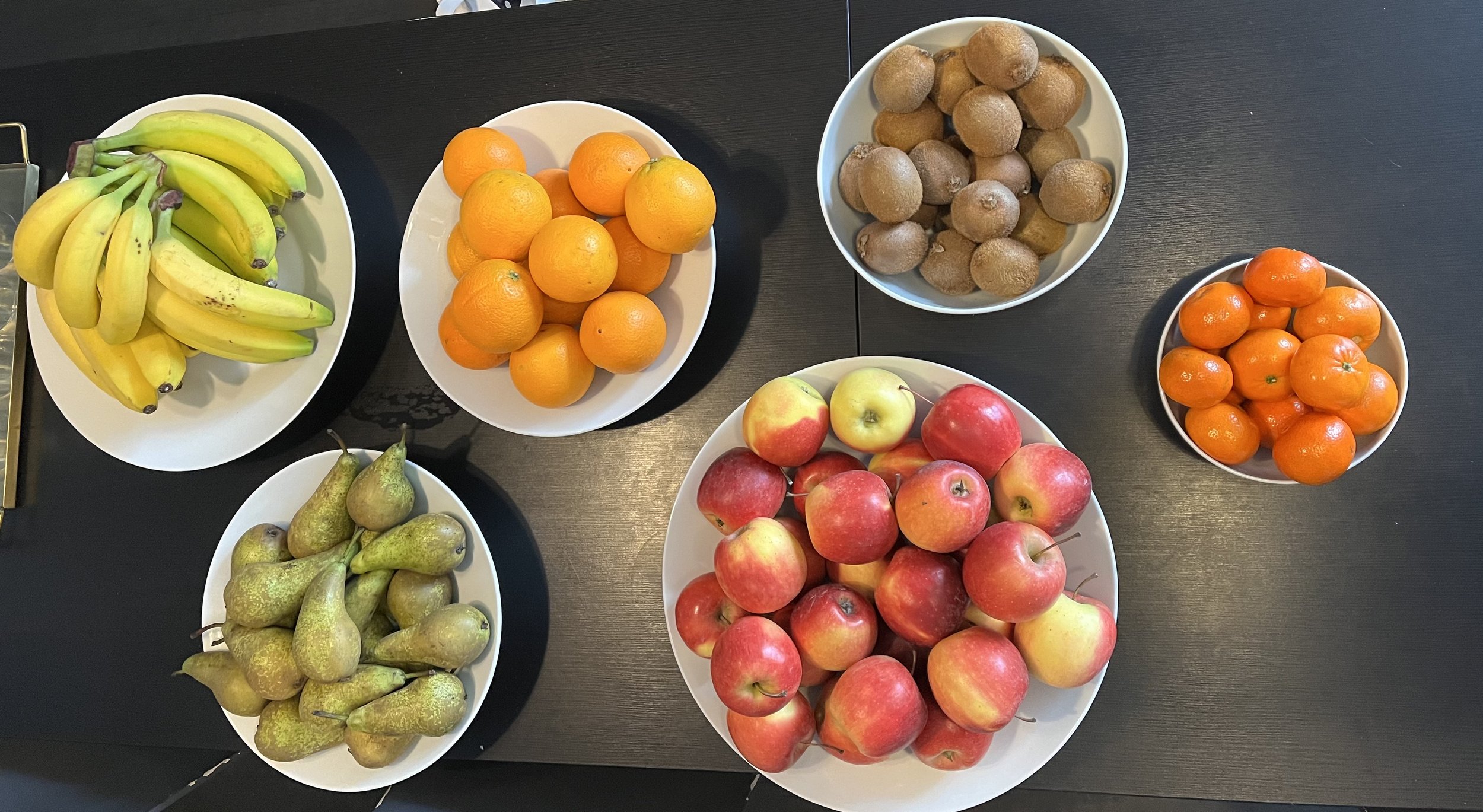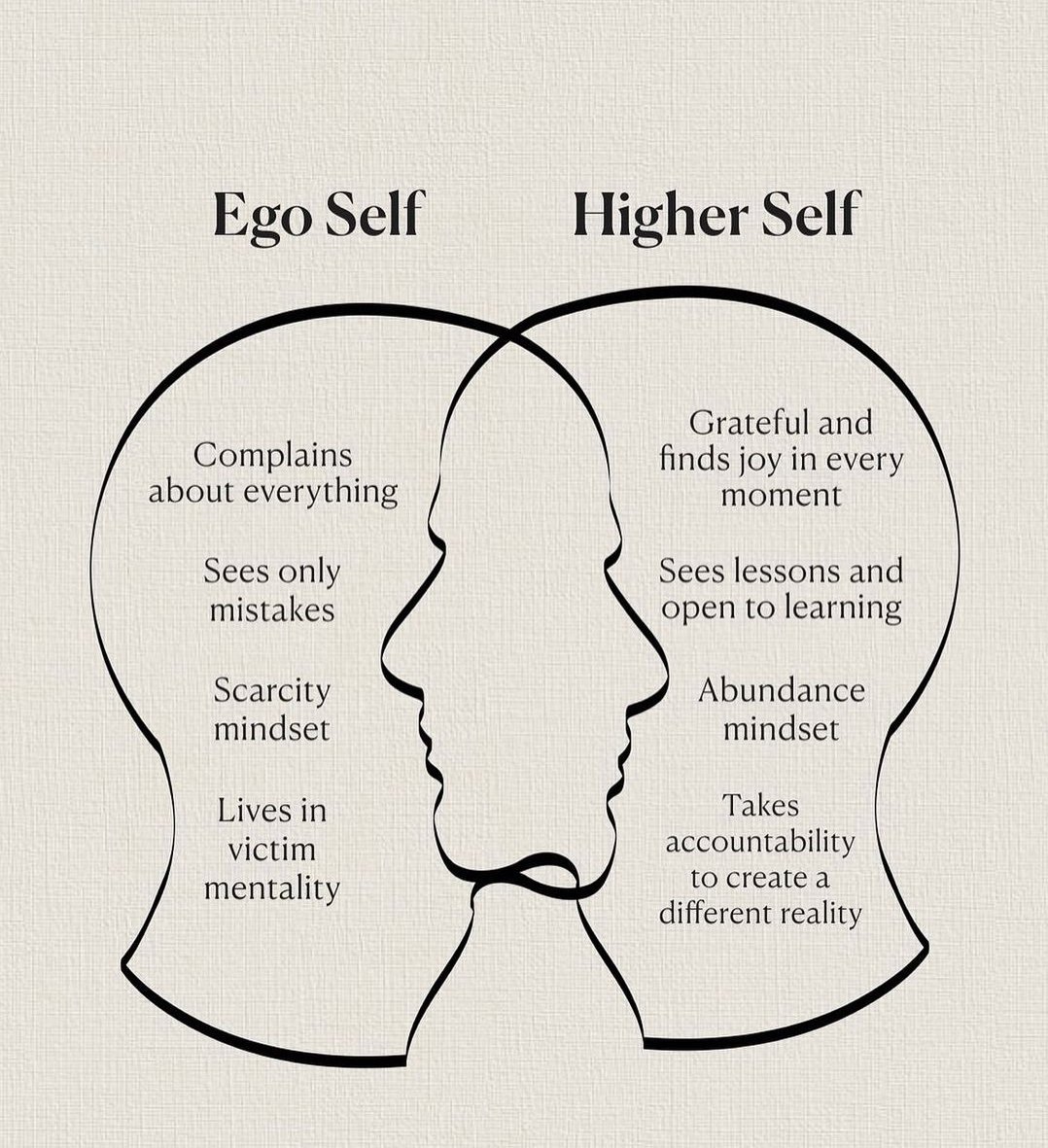Insights about yourself or the situation at hand lead to actions and behavior changes. Positive behavior changes create an impact, which in turn generates new insights and awareness, perpetuating the cycle. When coaching one has to park our ego and let our coachees' achievements shine, amplifying their successes. I think it’s important to find the right balance between helping others and helping yourself.
““A rising tide lifts all boats.””





















